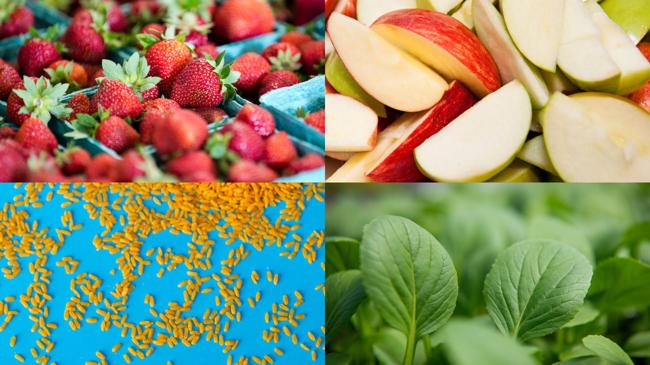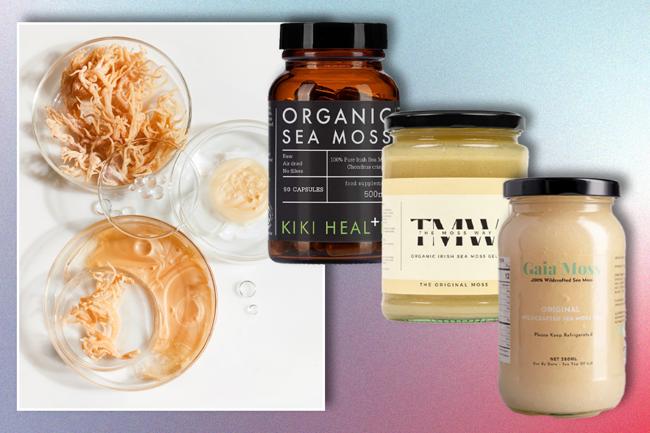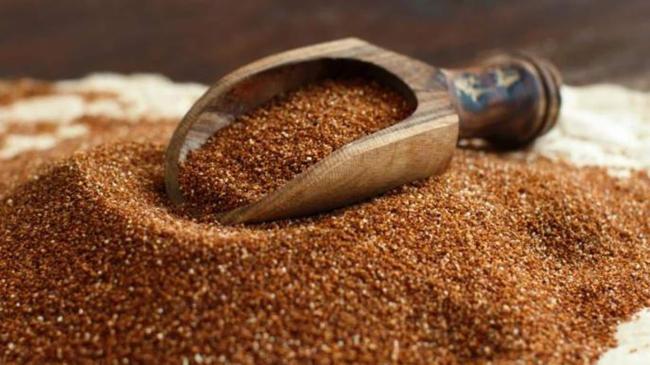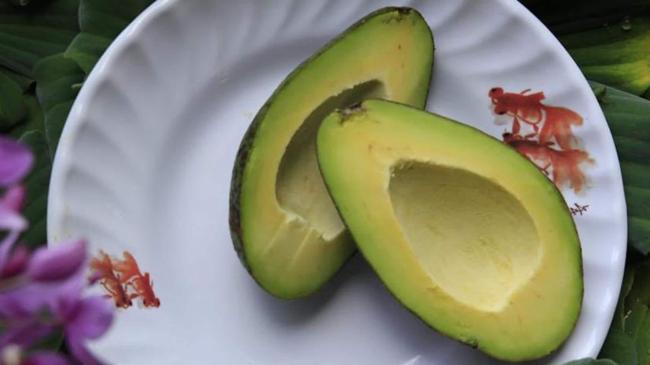Summary
Intakes of dietary fiber, high-quality and total carbohydrates in midlife were favorably linked to healthy aging and other positive health outcomes in older women, according to a new study by researchers from the Jean Mayer USDA Human Nutrition Research Center on Aging (HNRCA) at Tufts University and Harvard T.
Source: Medical Xpress

AI News Q&A (Free Content)
Q1: What are the main findings of the recent Tufts University and Harvard study on midlife carbohydrate and fiber intake in women?
A1: The joint study by researchers at Tufts University and Harvard found that higher intakes of dietary fiber, high-quality carbohydrates, and total carbohydrates during midlife are strongly linked to healthier aging and positive health outcomes in older women. The research highlights that women who consumed more fiber and whole grains had a lower risk of chronic diseases and were more likely to age healthily compared to those with lower intakes.
Q2: How do dietary fiber and high-quality carbohydrates physiologically contribute to healthy aging in women?
A2: Dietary fiber, found in plant-based foods, supports gastrointestinal health by promoting bowel movement regularity and serving as a prebiotic for beneficial gut bacteria. High-quality carbohydrates like whole grains provide sustained energy and are linked to reduced risks of cardiovascular diseases and type 2 diabetes. Together, these nutrients help maintain healthy blood lipid profiles and glucose metabolism, factors crucial for aging well.
Q3: What are the differences between soluble and insoluble fiber, and how do they impact health outcomes?
A3: Soluble fiber dissolves in water and is fermented in the colon into short-chain fatty acids, which support gut health and lower LDL cholesterol. Insoluble fiber, which does not dissolve in water, aids in bowel regularity by adding bulk to stool. Regular consumption of both types of fiber is associated with reduced risks of heart disease, diabetes, and certain cancers, as well as improved digestive health.
Q4: Which specific foods are recommended for increasing dietary fiber and high-quality carbohydrate intake?
A4: Foods rich in dietary fiber and high-quality carbohydrates include whole grains (such as oats, barley, and brown rice), legumes, fruits, vegetables, and nuts. Inulin, a type of fiber found in chicory root, is also recognized for its health benefits and is used to improve the nutritional value of manufactured food products.
Q5: According to the latest regulatory guidance, what are the daily recommended intakes of fiber and carbohydrates for women in midlife?
A5: The Dietary Guidelines for Americans recommend that adult women consume at least 25 grams of dietary fiber per day and that 45–65% of total daily calories should come from carbohydrates, with an emphasis on whole grains, fruits, and vegetables for optimal health outcomes.
Q6: What are the most recent technological advances in dietary intake monitoring for supporting healthy aging, as reported in recent scholarly articles?
A6: Recent advances include the use of computer vision and stationary cameras to track food intake in real time, enabling more accurate and user-friendly dietary intake monitoring systems. These systems provide precise estimates of nutritional content, especially for complex meals, thus supporting better nutritional assessments and personalized dietary recommendations for healthy aging.
Q7: How does the accuracy of dietary intake estimation impact research and policy-making in nutrition for older adults, based on recent empirical studies?
A7: Accurate dietary intake estimation is vital for effective nutrition research and policy-making. Recent studies have shown that traditional self-reporting methods, such as food diaries, are prone to bias. Innovations like machine learning and computer vision-based tools are improving the reliability of dietary data, thus informing evidence-based guidelines and interventions to support healthy aging in older adults.
References:
- Dietary fiber - Wikipedia: https://en.wikipedia.org/wiki/Dietary_fiber
- Carbohydrate - Wikipedia: https://en.wikipedia.org/wiki/Carbohydrate
- Inulin - Wikipedia: https://en.wikipedia.org/wiki/Inulin
- How Much You Ate?
- Tufts and Harvard study links midlife carbohydrate and fiber intake to better health in older women: https://now.tufts.edu/2024/05/29/midlife-carb-intake-older-women-health





